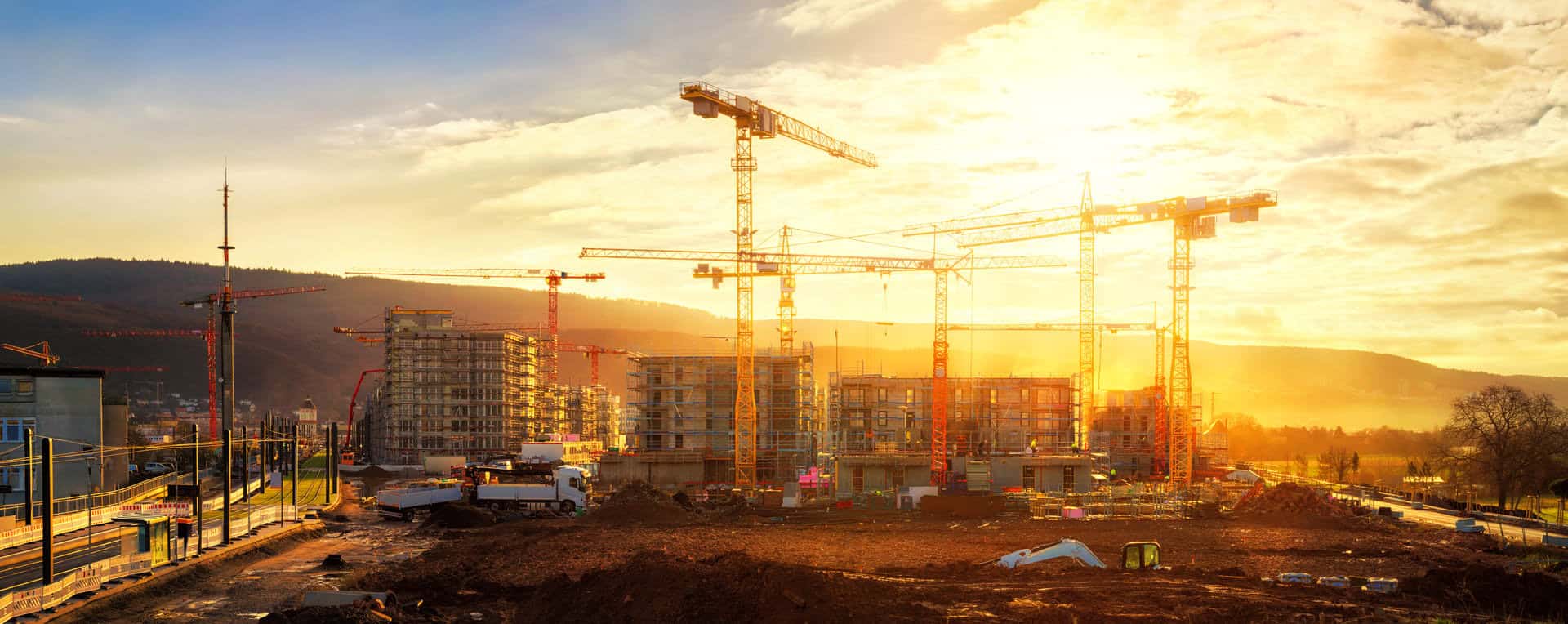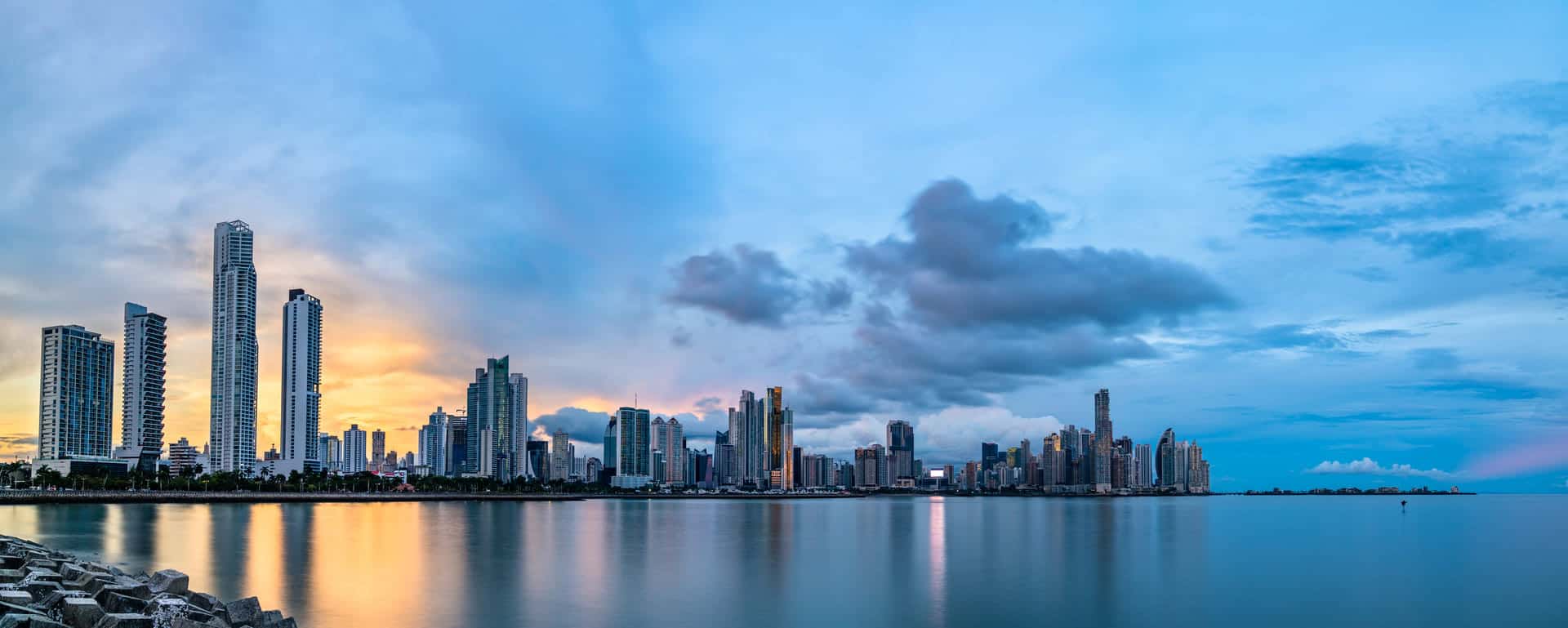Homeowners Associations (HOAs) are vital in managing and maintaining residential communities, ensuring they are attractive, functional, and harmonious. These organizations are tasked with enforcing rules that uphold property aesthetics, manage communal amenities, and generally maintain the property values of the area. In Panama, the role of HOAs is crucial due to the country’s dynamic real estate sector, playing a significant part in sustaining the community’s appeal and functionality.
Importance and Role of HOAs in Panama’s Residential Communities
In Panama, the significance of HOAs extends beyond mere property management. These associations are fundamental in promoting community cohesion and security, crucial in a country experiencing rapid urban expansion. By regulating community standards and providing a structured environment, HOAs help balance individual and communal interests, which is especially important in Panama’s culturally diverse communities. This governance helps preserve property values and enhance residents’ quality of life, making these associations an integral part of Panama’s residential infrastructure.
Benefits of a Homeowners Association (HOA)
Setting community standards: The HOA sets rules to keep the neighborhood looking good and protect property values.
Preserving property value: These rules often focus on how properties look and include guidelines for keeping them clean, well-maintained, and attractive. Following these rules helps maintain a consistent look throughout the neighborhood.
Offering extra perks: Being part of an HOA often means access to services like landscaping, parking management, and upkeep of shared facilities such as pools, playgrounds, or event areas. Some HOAs even cover garbage removal costs.
How HOAs Operate in Panama
HOAs in Panama are typically overseen by a board of directors elected by the residents. This board includes roles such as the president, who sets the agenda and oversees capital improvements, and the treasurer, who manages the finances. These boards are responsible for making major community decisions, from financial management to rule enforcement, ensuring the community’s smooth operation and maintenance. Regular meetings and transparent decision-making processes are standard, fostering a sense of involvement and community among residents.
Homeowners Association Covenants, Conditions, and Restrictions (CC&Rs)
CC&Rs in Panama dictate the usage of properties within the community, covering aspects from architectural guidelines to landscaping and exterior aesthetics. These rules are designed to maintain a uniform appearance and atmosphere within the community, which helps in sustaining or potentially increasing property values. Moreover, these regulations outline the responsibilities of homeowners, such as maintaining their property and adhering to community standards, thereby preventing conflicts and ensuring a cohesive living environment. Therefore, neglecting HOAs before taking on your first real estate purchase is an important mistake to avoid.
HOA Fees Explained
In Panama, HOA fees vary widely but are essential for covering the costs of amenities and services provided by the association. These fees are typically used for maintenance of common areas, security, and other community benefits such as pools, gyms, and landscaping. The fees can be influenced by the size of the community, the number and quality of amenities offered, and the cost of ongoing maintenance and upgrades. Homeowners are usually required to pay these fees monthly or quarterly, and they are crucial for the smooth operation of the community amenities everyone enjoys.
Amenities and Services Provided by HOAs
Panamanian HOAs often provide a range of amenities that enhance the living experience of their residents. Common amenities include swimming pools, fitness centers, community halls, and landscaped gardens. Some upscale associations offer more exclusive facilities like private beaches, marinas, and golf courses. The presence of these amenities not only provides convenience and leisure options but also adds significant value to the properties within these communities. However, it’s important to note that while these amenities can offer substantial benefits, they also require ongoing maintenance and management, often reflected in higher HOA fees.
Financial Management within HOAs
Effective financial management is crucial for the sustainability of an HOA. In Panama, HOAs must keep detailed financial records that track all income and expenditures. These records help in planning for future expenses, such as infrastructure repairs and upgrades. Budgeting is a major responsibility of the HOA board, and it typically involves preparing annual budgets that forecast the upcoming year’s costs. HOAs also set aside funds in a reserve account to cover unexpected expenses or major repairs, ensuring that the community can handle financial emergencies without imposing heavy assessments on the homeowners
Conclusion
Understanding the structure and operation of HOAs in Panama is essential for any current or prospective homeowner. These associations play a pivotal role in managing community resources and maintaining the quality of life for residents. By familiarizing yourself with how HOAs work, their benefits, and the responsibilities they entail, you can make a more informed decision about buying into a community governed by an HOA. Whether it’s the peace of mind that comes with well-maintained amenities or the community engagement that active HOAs foster, the impact of these associations is significant in Panama’s residential landscapes.







